Bathinda is a city and municipal corporation in Punjab, India. The city is the administrative headquarters of Bathinda District. It is located in northwestern India in the Malwa Region, 227 km (141 mi) west of the capital city of Chandigarh and is the fifth largest city of Punjab.
Bathinda is home to the Maharaja Ranjit Singh Punjab Technical University, Central University of Punjab and AIIMS Bathinda. The city is also home to two modern thermal power plants, Guru Nanak Dev Thermal Plant and Guru Hargobind Thermal Plant at Lehra Mohabbat. Also located in the city is a fertilizer plant, two cement plants (Ambuja Cements and UltraTech Cement Limited), a large army cantonment, an air force station, a zoo, and a historic Qila Mubarak fort.
The four-year B.Tech in Civil Engineering program in Bathinda is for undergraduates. It focuses on material science and structural design, as well as management. Admissions to the top B.Tech. in Civil Engineering colleges in Bathinda usually take place between June and August. This course is the oldest in engineering and has seen an increase in demand since its inception. Civil engineers are responsible for altering infrastructure that has been neglected over time. They also help to protect the environment by helping to manage pollution and invent new ways to control water and land pollution.
B.Tech in Civil Engineering in Bathinda is a 4-year undergraduate engineering program that includes the study of material science, structural designs, construction materials, and management. B.Tech Civil engineering in Bathinda is all about planning, designing, and supervising the construction of facilities essential to current existence like bridges, highways, offshore buildings, schools and schools, airports, dams, water facilities, and sewage systems. Individuals in this engineering specialization also improve existing infrastructure that has been neglected and help to preserve the environment by supporting withinside the cleansing of pollutants and devising new methods to lessen destiny pollutants of water, air, and land.
B.Tech in Civil Engineering Types in Bathinda
B.Tech. in Civil Engineering in Bathinda is an undergraduate program that allows students to select the right specializations for their future careers.
There are three types of B.Techs:
Full-time B.Techs in Civil Engineering,
Part-time B.Techs in Civil Engineering
Distance B.Tech in Civil Engineering
B.Tech Civil Engineering Admission Process in Bathinda
B.Tech Civil Engineering Admission 2022-23 in Bathinda will be generally entrance-based. You can get admission to top colleges by scoring high on national entrance exams like JEE Main, JEE Advanced, and AIEEE. Traditional diploma holders in the same field may be eligible for direct admission to B.Tech Civil Engineering 2nd a year. Admission is based on merit and management seats in some colleges.
Eligibility Criteria for B.Tech in Civil Engineering in Bathinda
These are the eligibility requirements for B.Tech. in Civil Engineering admission in Bathinda.
a) Minimum Qualifications Required to Apply for B.Tech in Civil Engineering in Bathinda . Candidates must pass 10+2 from a recognized Board or equivalent.
b) For B.Tech in Civil Engineering in Bathinda , candidates must have at least 50% aggregate marks. The maximum mark can reach 70%, depending on the college or IIT.
Notice: Candidates from reserved categories are eligible for a relaxation of 5%
c) The age limit that candidates must maintain when applying for B.Tech courses in Civil Engineering in Bathinda : There are some colleges and entrance exams that may have restrictions on the age of aspirants to be admitted in B.Tech. programs. Candidates must be at least 18 years old and no older than 24 years as of the examination date.
Entrance Exams for B.Tech in Civil Engineering in Bathinda
B.Tech Civil Engineering entrance exams in Bathinda are broken down into three levels: national, state, and university. National-level B.Tech Civil Engineering entrance exams include JEE Main and JEE Advanced. State-level B.Tech exams include MHT CET and WBJEE. University-level exams include BITSAT and VITEEE. The following information will help you learn more about these exams.
1. JEE Main
The JEE Main, or Joint Entrance Examination, is a national-level exam that is administered by the National Testing Agency (NTA). It is used to admit students at NITs, IIITs, GFITIs, and other institutions across India. This year there will be two sessions, with the first being held in April and then the second in May. The exam pattern will consist of two sections, each with Physics, Chemistry, and Maths. Section A will consist of MCQs, while section B will contain numerical values.
2. JEE Advanced
JEE Advanced is a nationally-level exam that is used to admit students to IITs. JEE Advanced is open to candidates who are below 2.5 Lakhs. Paper 1 will consist of subjects such as Physics, Chemistry, or Mathematics. Paper 2 will include the same exam pattern. The second paper has 54 questions. Each paper lasts 3 hours. The exam consists of 306 marks.
3. WBJEE
The West Bengal joint entrance exam board conducts the WBJEE. It is used to admit undergraduate B.Tech. students. It will consist of two sections that cover the subjects of Physics, Chemistry, and Mathematics. The exam lasts 2 hours.
4. MHT CET
The state common entrance exam cell of Maharashtra conducts the MHT CET. The exam is based on class 11 and 12 syllabuses. The exam paper is divided into two sections: paper 1 contains Physics and Chemistry, and paper 2 contains Mathematics. The exam lasts 180 minutes. The exam has 200 marks.
5. BITSAT
The Birla Institute for Technology & Science –Pilani conducts BITSAT for students interested in admissions to the campuses in Hyderabad, Goa, and Pilani. Admissions are based on entrance exams and merit. The seats are allocated based on choice filling and merit.
6. VITEEE
The Vellore Institute for Technology conducts VITEEE for those who are interested to apply for admissions at the Vellore or Chennai campuses. The entrance exam and merit of candidates are used to determine admissions. Seats are allocated based on merit and choice filling. Online mode is used for the exam. MCQs are used and there are five sections: Mathematics, Physics Chemistry, Aptitude, and English. The exam has 125 questions and lasts 2 hours and 30 minutes.
7. KEAM
KEAM, Kerala Engineering, Architecture, and Management, is an entrance exam to professional courses in Kerala. Two papers are required for the exam. 120 questions are included in the total exam. Each paper lasts 2 hours and 30 minutes.
8. SRMJEEE
SRM University conducts the SRMJEEE for students who wish to apply for admission to B.Tech. courses at various campuses. Admissions are based on entrance exams and merit. The seats are allocated based on merit and choice filling. There are 125 questions in the exam. Each paper lasts 2 hours and 30 seconds. Online mode is used for the exam. There are five sections: Mathematics, Physics Chemistry, Aptitude, and English.
B.Tech in Civil Engineering Courses and Specializations at Bathinda
Below is a list of the most popular B.Tech in Civil Engineering specializations in Bathinda. For clarity, candidates can refer to the following list.
B.Tech in Civil Engineering Specializations in Bathinda and others
1. Construction
2. Geotechnical
3. Structural Engineering
4. Bridge Engineering
5. Land Engineering
6. Transportation Engineering
7. Hydraulic Engineering
8. Environmental Engineering
9. Coastal & Ocean Engineering
10. Fire Protection Engineering
11. General Engineering
12. Irrigation Engineering
13. Materials Engineering
14. Urban Engineering Engineering
15. Water Resources Engineering
Scope of B.Tech in Civil Engineering in Bathinda
B.Tech in Civil Engineering in Bathinda has a wide range of long-term employment opportunities, including significant multinational corporations, the construction industry, and even the defense or military services. As a result, there are various appealing civil engineering potentialities in each of the personal and public sectors. They need to interact with people and cope with cutting-edge and ongoing issues with their analytical wondering and progressive ideas. B.Tech in Civil Engineering in Bathinda courses will prepare students not only to develop holistically For the actual enterprise but additionally to paintings in massive agencies and interact appropriately.
Top Recruiters for B.Tech in Civil Engineering Degree:
TATA Consulting Engineers Ltd
Power Grid Corporation of India Ltd
Maytas Infra Ltd
Jones Lang LaSalle
Schlumberger
Shapoorji Pallonji
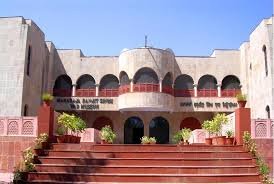
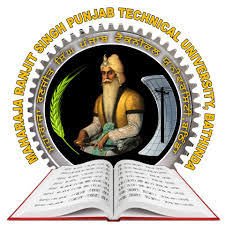









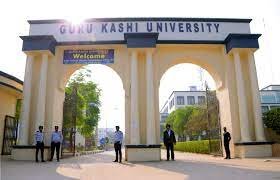
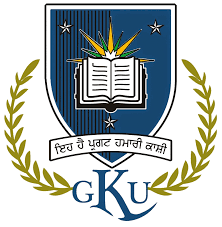


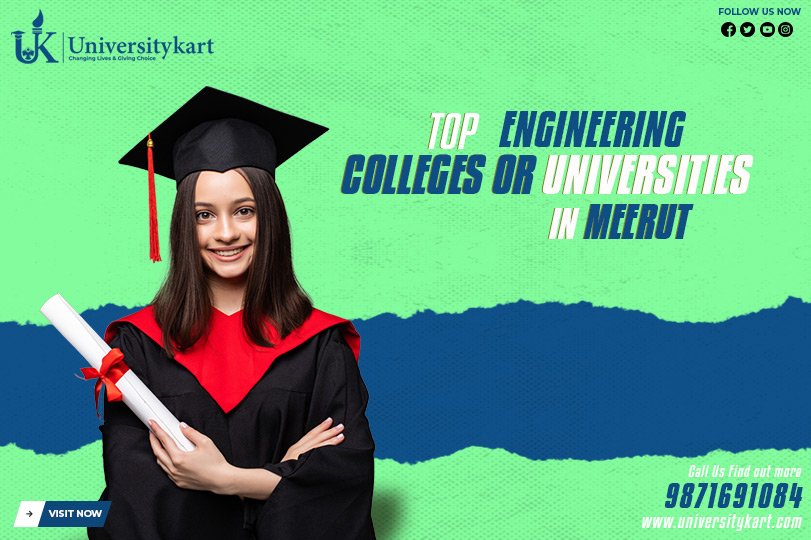




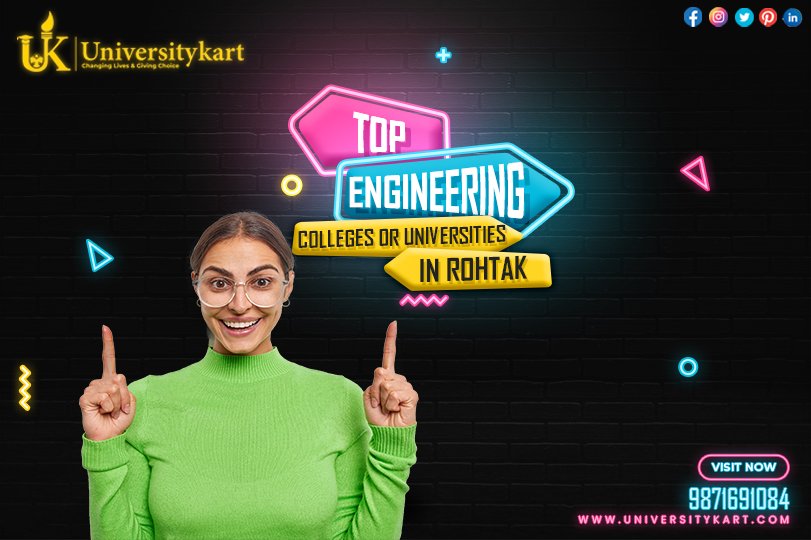
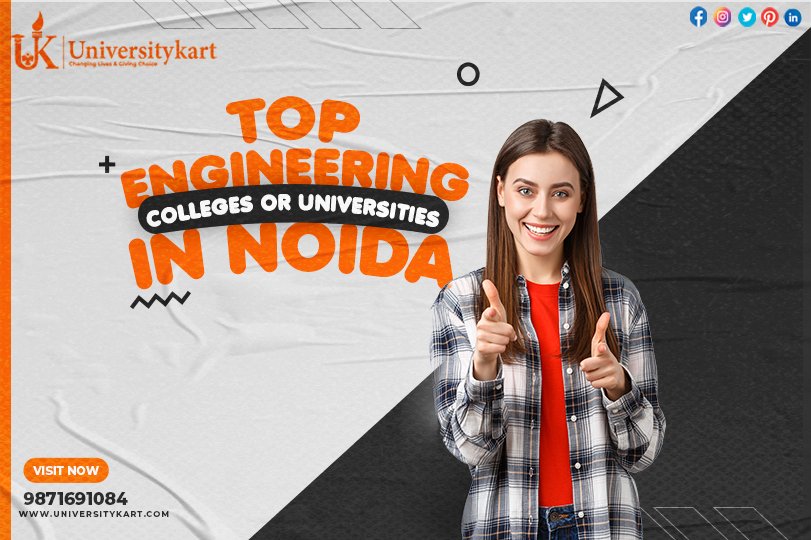
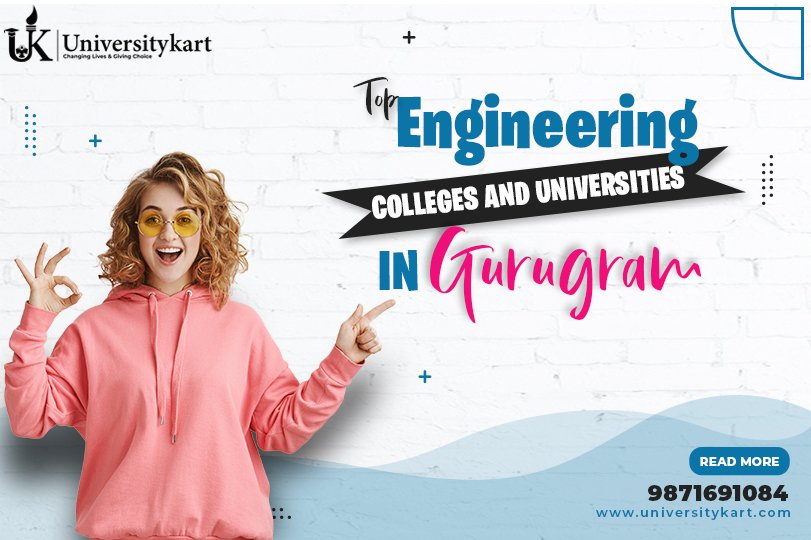

 back
back